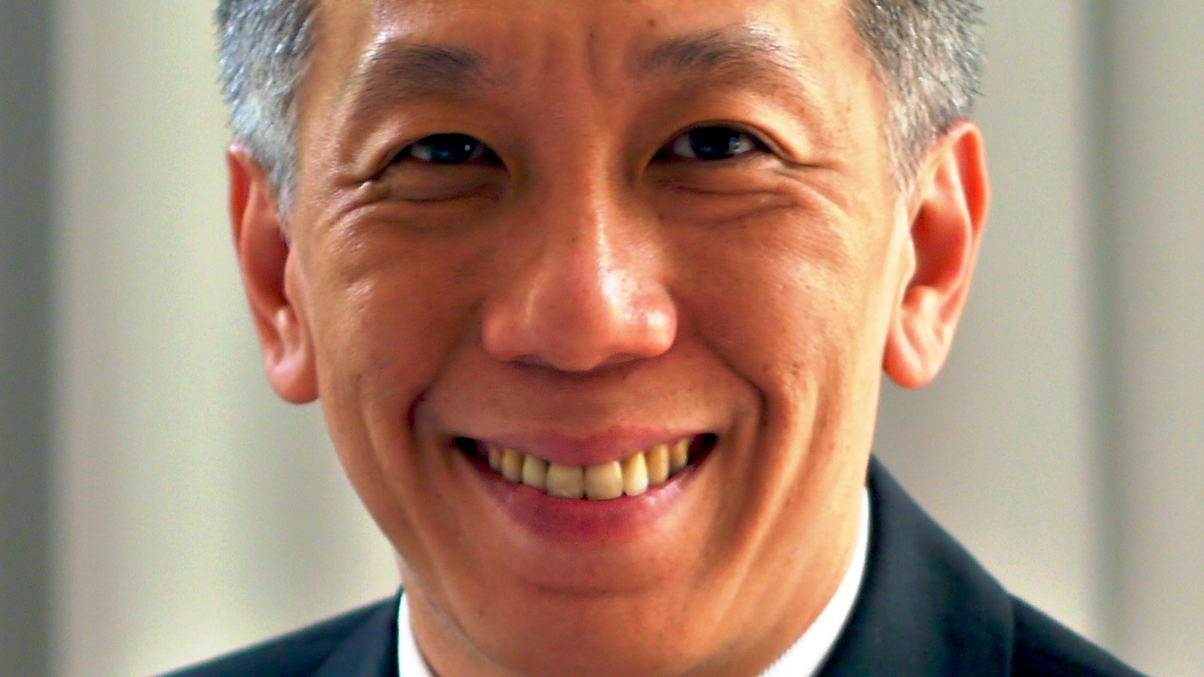Lion Global moves to greater trade automation
The Singaporean asset manager is aiming to boost straight-through processing rates for its fixed-income transactions to hit 75% by the year's end, from 45% now.

In a drive towards greater straight-through processing, Lion Global Investors is aiming to hit 75% automation rates for its fixed-income trades before the end of this year, up from 45% now.
Sign in to read on!
Registered users get 2 free articles in 30 days.
Subscribers have full unlimited access to AsianInvestor
Not signed up? New users get 2 free articles per month, plus a 7-day unlimited free trial.
¬ Haymarket Media Limited. All rights reserved.


